Category:- Supply Chain
You can find all the supply chain related posts here.
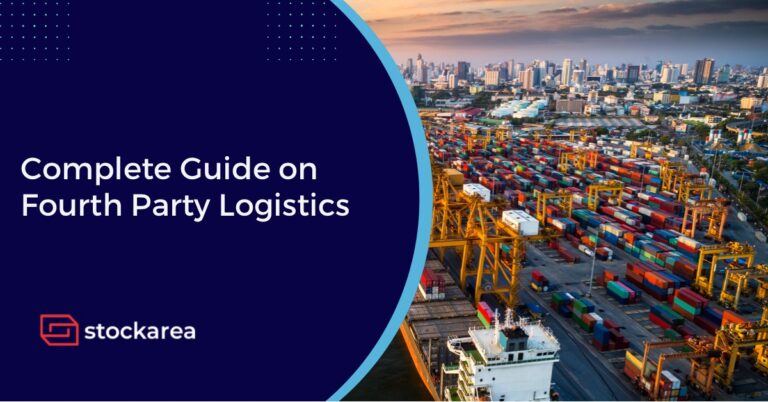
The Complete Guide On Fourth Party Logistics (4PL)
Many businesses are aware of 3PLs and the role they play in supply chain agility when it comes to logistics. However, 4PL is gaining recognition and choice among larger firms seeking an outsourced partner capable of independently evaluating, strategizing, implementing, operating, and tracking complex supply chain solutions. With rising expectations, numerous warehouse management software vendors have begun to expand their offerings to include 4PL services. His blog will serve as a comprehensive and comprehensive guide to what 4PL is and how it works.
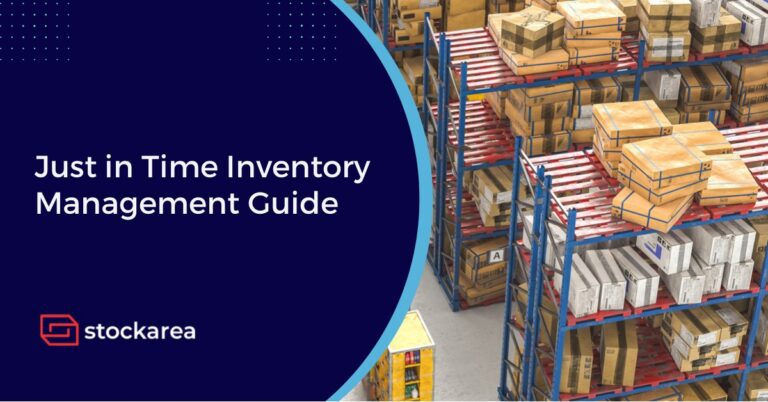
Just-in-Time (JIT) Inventory Management
Just-in-time (JIT) inventory is a method of inventory management that entails receiving merchandise shortly before it is sold, rather than holding it for weeks or months until it is required. JIT is a highly efficient inventory management strategy for merchants, as it minimizes storage requirements and helps keep inventory moving. Whether you’re already using a just-in-time approach or are searching for a new way to manage your inventory, this guide will teach you all you need to know to implement JIT successfully.
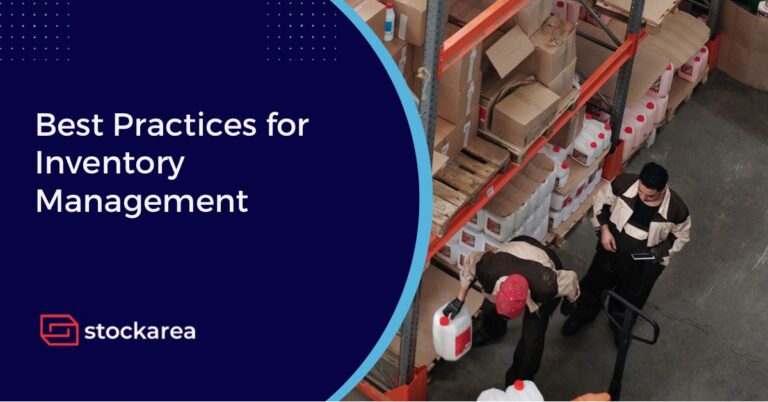
8 Best Inventory Management Practices
Supply chain professionals are constantly on the lookout for practises to improve inventory management, and the supply chain’s role in technology offers considerable benefits. Rather than relying on archaic inventory management, supply chain leaders can take the mentioned 8 actions to harness technology and finally enhance inventory management.
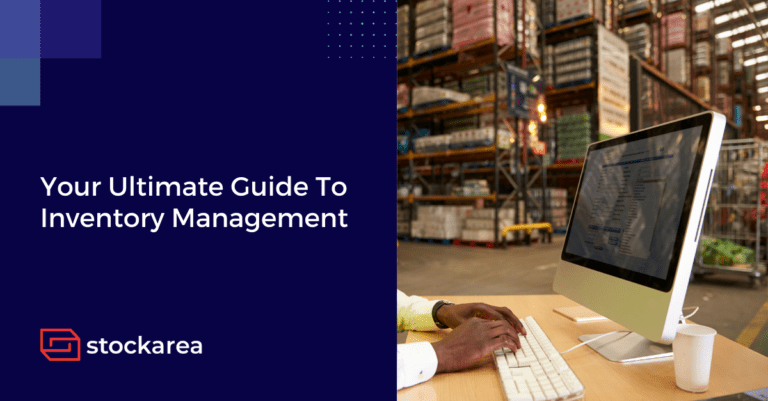
An Ultimate Guide To Inventory Management
Inventory is dynamic. Sales, returns, new receipts, damage, and theft impact your inventory levels. Inventory management and control are crucial jobs in successful retail or wholesale firm. Managing inventory effectively becomes more difficult as your firm grows and your inventory increases. Using technology can help you and your staff. That’s why any retail business needs an inventory management system. This guide will teach you everything about inventory management.

Top 7 Supply Chain Risk Management Strategies
Manufacturers can avoid risks and potentially save money through proactive supply chain risk management. Manufacturers who manage supply chain risks proactively spend nearly 50% less on managing supplier disruptions than those who are not aggressive. Here are some strategies for effectively mitigating risks and safeguarding your supply chain over the long term.
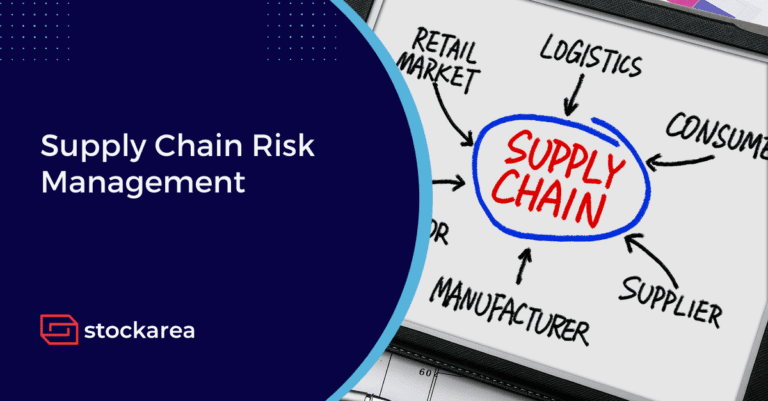
The Ultimate Guide To Supply Chain Risk Management
Supply chain risk management is more than an added benefit to your operations; it is critical to your business in the event of natural disasters, unpaid accounts, or transportation disruptions. The objective of risk management is to avert problems and mitigate losses in the case of a risk event. Whether you lack a risk management system, have an inadequate risk management system, or have a limited risk management system, here is all you need to know about Supply Chain Risk Management, its benefits, and how it will transform your business for the better.
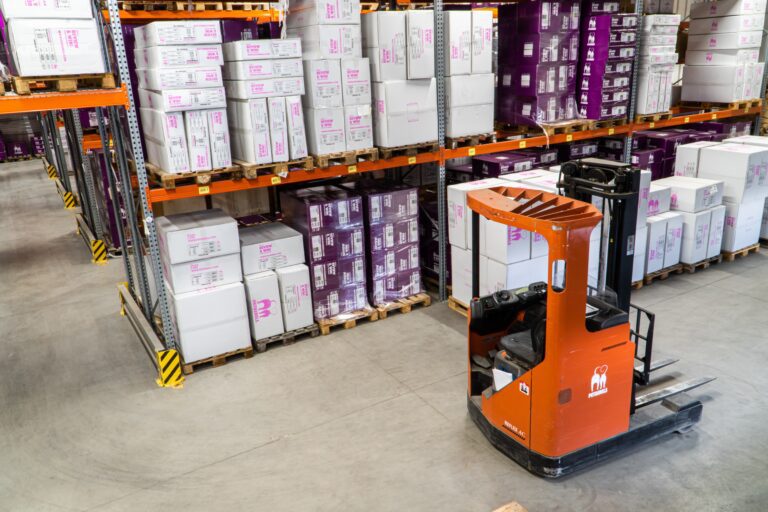
4 Key Types Of Warehouse Management System (WMS)
For businesses that deal with third-party logistics (3PL), WMS software (Warehouse Management System) is a big part of how they run their businesses. It is not always simple to pick the correct one. It’s possible to choose from a lot of different warehouse management systems and a lot of different types of these systems. When you want to make a smart choice, you need to know the options, why they’re distinct, and which one is best for your business.
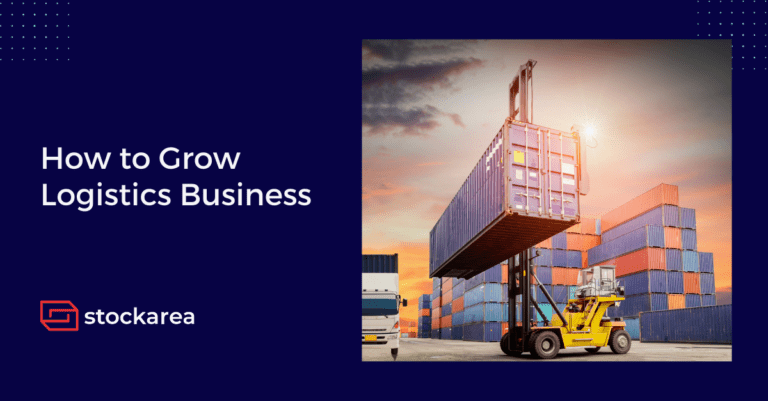
6 Effective Ways To Grow Your Logistics Business
Many logistics businesses struggle to increase logistical sales while also streamlining their sales process. Use these six strategies in this blog to sell more in less time, empower your sales force, and create a positive customer experience for both potential and existing customers.

9 Primary Benefits Of Supply Chain Management
SCM (supply chain management) is critical to the entire business ecosystem. Almost every business uses a supply chain in some form, from procurement to manufacturing, retail to delivery. To stay healthy and competitive, this complex business environment requires constant management and attention. As a supply chain becomes more interconnected, it becomes more complicated, making manual handling impossible and prone to errors. Understand well-known benefits of robust supply chain management